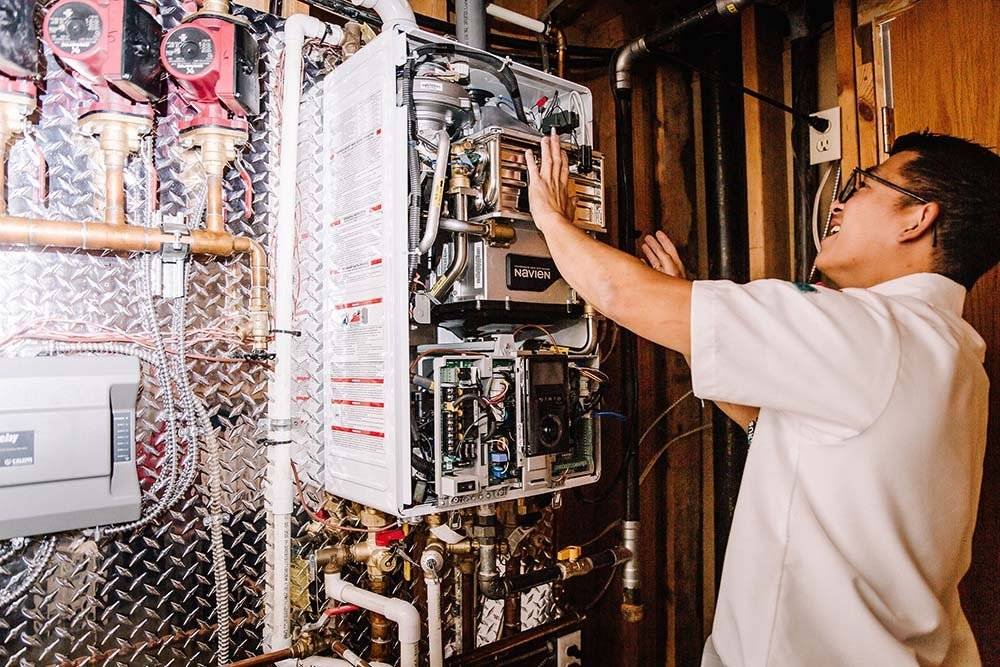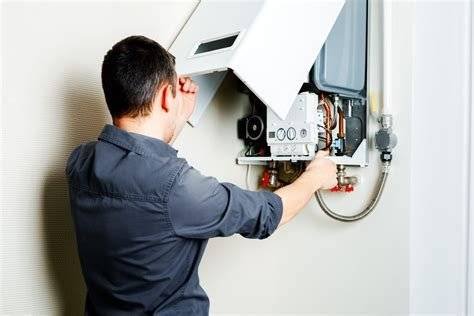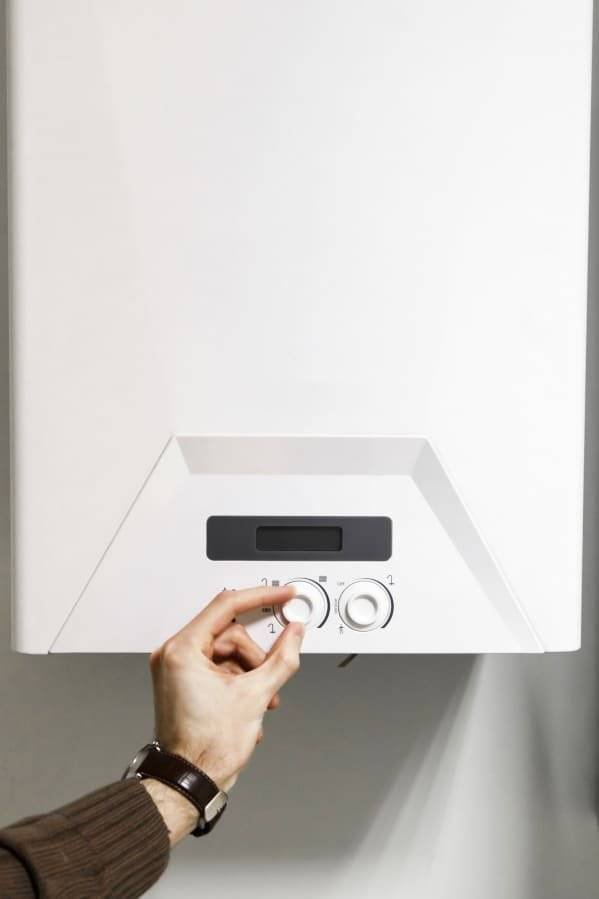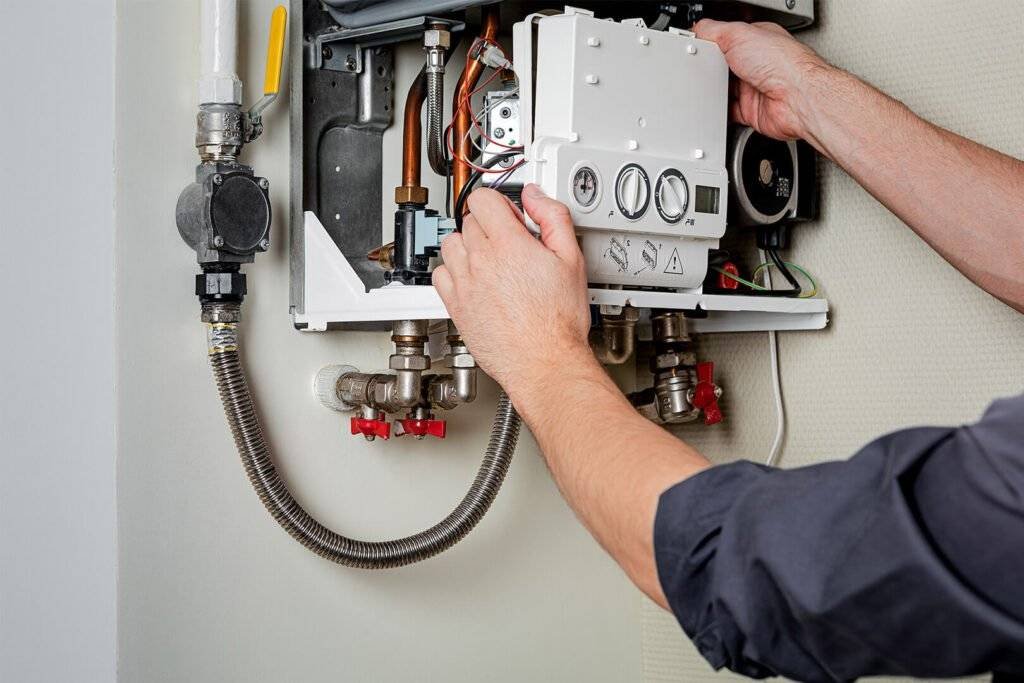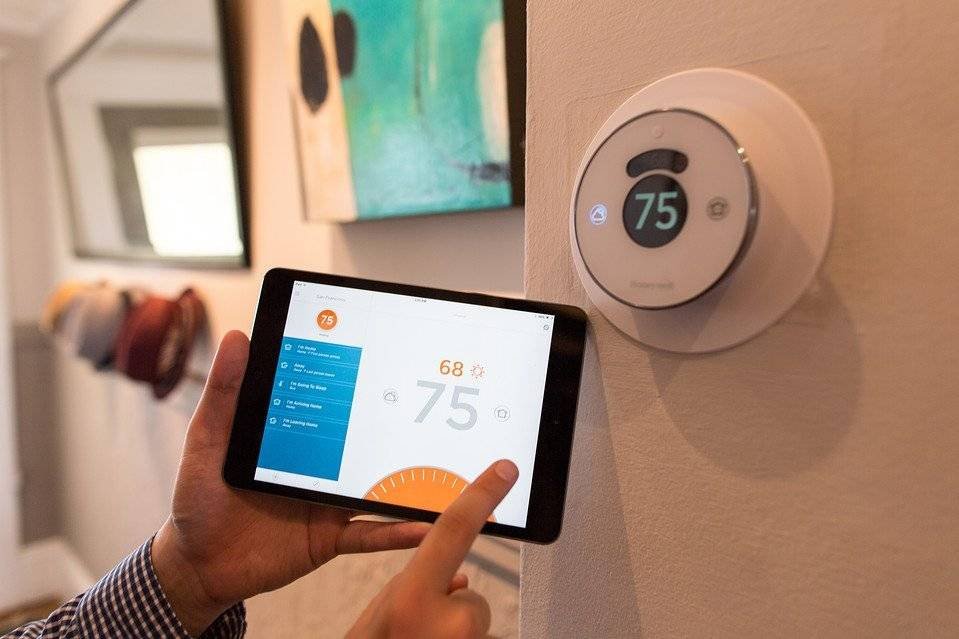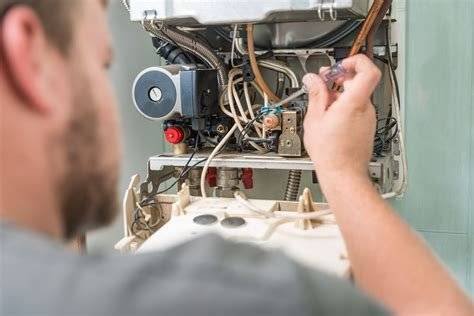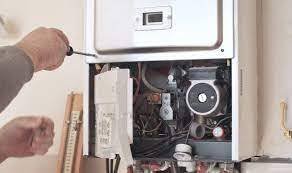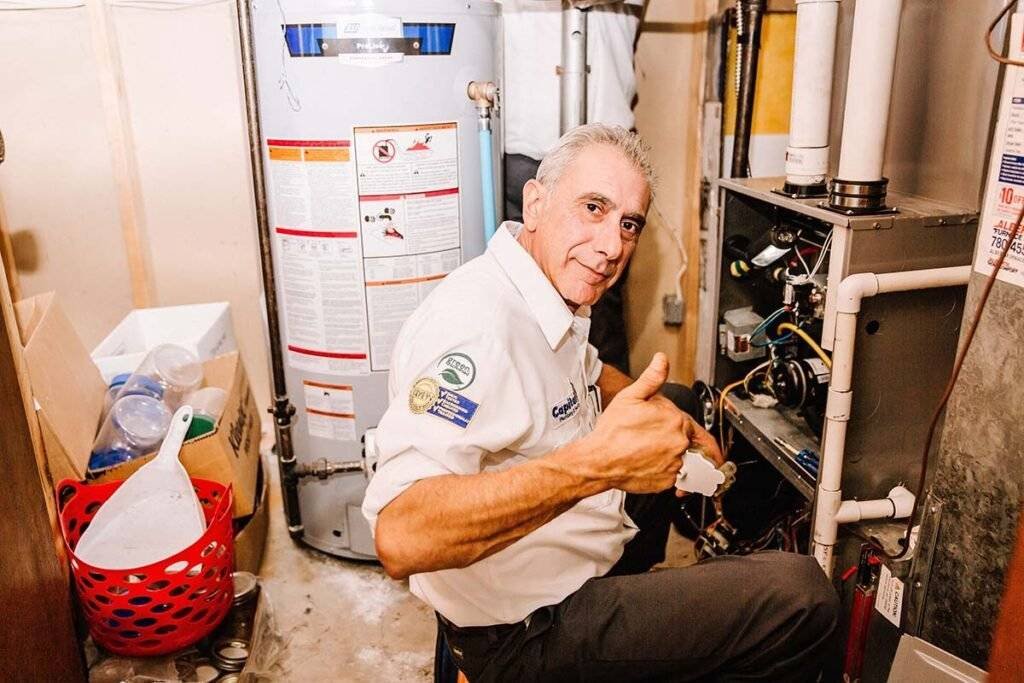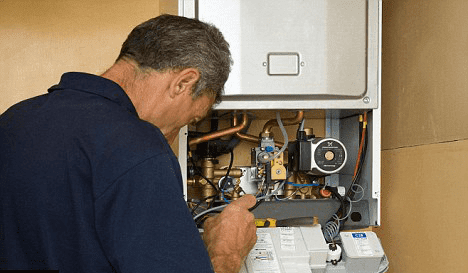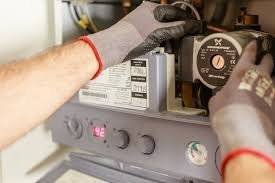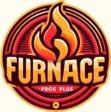Furnace Installation Ardrossan - Your Dependable Heating Professionals
Furnace Pros Plus is your trustworthy partner for all your heating requires. With years of experience, we focus on delivering top-notch heating solutions to keep your home warm and comfortable. Our team of competent technicians devote themselves to offering expert heating system setup, maintenance, and repair work services. We understand the value of a properly working heating system, specifically during the cooler months. We prioritize performance, affordability, and consumer fulfillment in every job (big or small). Whether you require a brand-new heating system, a regular check-up, or emergency repair work, rely on Furnace Pros Plus for dependable and efficient heating services that ensure comfort and convenience.
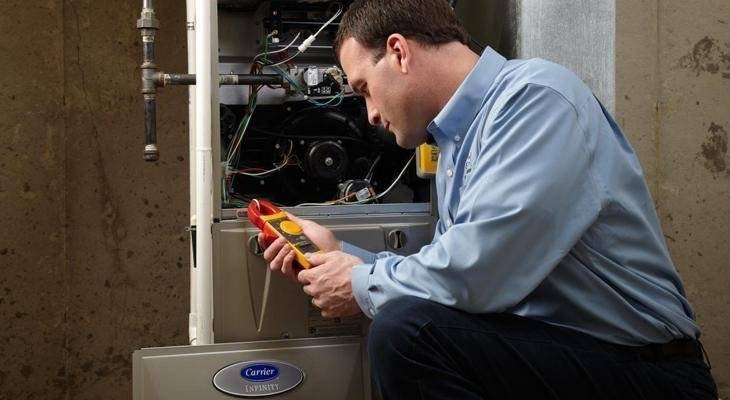
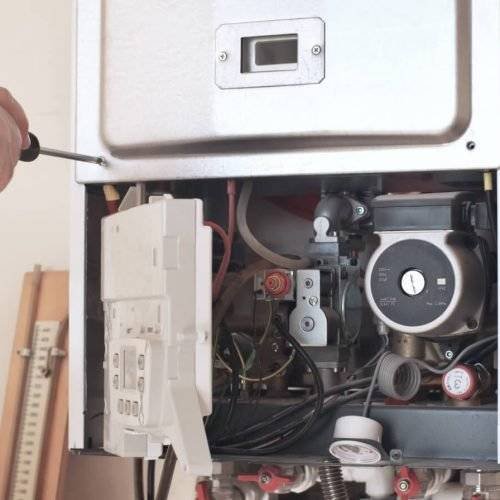
Who Are We?
Residential Furnace Installations and Repairs
At Furnace Pros Plus, we are Ardrossan’s leading destination for all your residential heating system installations. With a devotion to quality and an enthusiasm for ensuring your indoor convenience, we have become reputable name in the heating & cooling industry.
Got a heating system emergency? Contact us 24/7 at (587) 409-5683
For several years, we have devoted ourselves to providing top-notch heating system installations, tune-ups, and repairs to property owners in Ardrossan. Our team of very competent technicians boasts comprehensive experience and knowledge in handling a wide array of heaters, making us the go-to professionals in Alberta.
Relating to heating system services, we take pride in offering efficient and dependable services, customizing our solutions to your particular requirements. If you require a brand-new heating system for your residence, our team will ensure a smooth installation that guarantees your area remains comfortable and warm.
Routine tuneups is essential to the durability and efficiency of your heating system, and we provide in-depth maintenance methods to keep your system running smoothly. Our dedicated specialists perform comprehensive evaluations, determining and handling any possible issues without delay.
In times of unexpected breakdowns, our swift and efficient repair services are here to rescue you from the cold. We understand the urgency of heating emergencies and are readily standing by to supply instant support.
At Furnace Pros Plus, we are more than simply a heating contractor; we are your partners in producing a comfortable and warm environment for your home in Ardrossan. Trust us for extraordinary service, quality craftsmanship, and a devotion to your full fulfillment. Your comfort is our concern, and we anticipate serving you.
How can we help you?
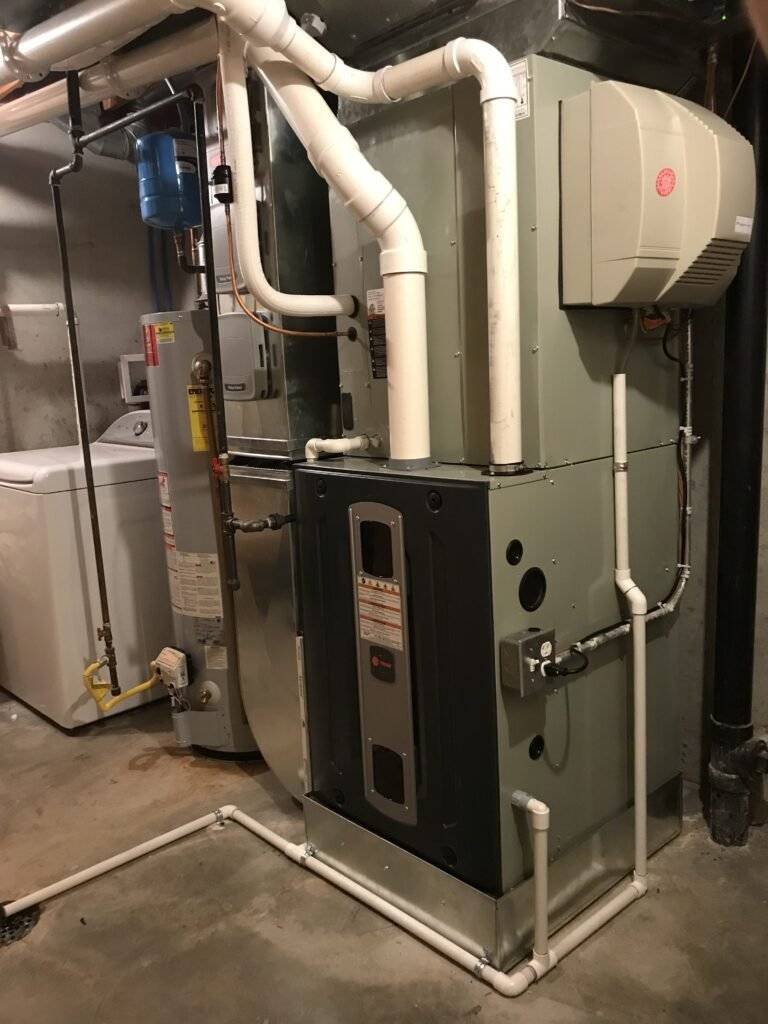
Comprehending the Cost of Installing a Modern Furnace
Introduction
A working heating system is important when it concerns maintaining a comfortable and warm home during the cooler months. Nevertheless, there comes a time when installing a brand-new heating system is unavoidable.
Comprehending the costs involved in this procedure is important for property owners to plan and budget accordingly. This comprehensive guide checks out the different factors affecting the cost of installing a brand-new heating system.
Factors Influencing Furnace Installation Expenses
Type of Furnace:
- Gas Furnaces: Popular for their performance, they generally cost more upfront however offer lower operating costs.
- Electric Furnaces: They are more economical than gas heating systems. Nevertheless, electrical designs tend to have greater functional costs due to electricity prices.
- Oil Furnaces: These are less common and can be more pricey due to the cost of oil.
Furnace Size and Capability
- Square Footage: The size of your home directly impacts the capacity needed for the heating system.
- BTU Ranking: Greater BTU rankings correspond to more effective heating systems, which can increase the cost.
Efficiency Scores
Annual Fuel Usage Efficiency (AFUE):
Greater AFUE rankings suggest better performance however also come with a higher price tag.
Brand and Quality
Top-tier brand names frequently command greater prices due to their credibility for quality and durability.
Installation Complexity
- Existing System: Updating from an old system might require extra work and cost.
- Ductwork: The condition and layout of existing ductwork can impact setup complexity.
- Availability: Challenging access to the setup site can increase labour costs.
Labour Expenses
Labour costs vary by area. In addition, the complexity of the setup can affect labour costs.
Extra Expenses to Think About
- Permits: Some localities require authorizations for heating system setup.
- Inspections: City bylaws might require post-installation examinations for safety compliance.
- Thermostats: Updating to a wise thermostat can incur extra costs.
Typical Cost of Furnace Replacement
While prices can vary commonly based upon the factors discussed above, here are some typical cost ranges for heating system setup:
- Gas Furnaces: $2,000 to $5,000.
- Electric Furnaces: $1,000 to $2,500.
- Oil Furnaces: $2,500 to $6,000.
These are rough quotes and can vary based upon particular home requirements.
Cost-Saving Tips.
Research study and Compare.
Acquire multiple quotes from different professionals to ensure competitive prices.
Look For Refunds and Rewards.
Try to find energy performance rebates offered by energy business or government programs.
Think About Long-Term Savings.
Buying a more efficient heating system can lower energy bills over time.
Conclusion
Setting up a brand-new heating system is a substantial financial investment, and comprehending the costs involved is important for any homeowner. By considering the type of heating system, setup complexity, labour costs, and extra expenditures, property owners can better get ready for this needed upgrade. Remember to seek multiple quotes, check out available rebates, and think about long-term energy savings when choosing.
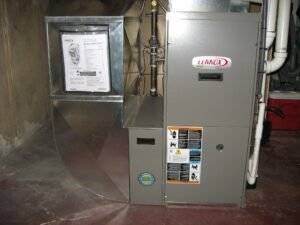
The Right Size Furnace for Your Home: A Comprehensive Overview
Introduction
Selecting the ideal size heating system for your home is important for making sure efficient heating and convenience during the cooler months. A heater that’s too small will not keep your home warm, while one that’s too big can trigger unnecessary energy consumption and uneven heating. This guide will assist you identify the ideal heating system size for your home.
Comprehending Furnace Sizing: BTU and Efficiency
We determine the size of a heating system in British Thermal Systems (BTU). One BTU is the energy needed to raise the temperature of one pound of water by one degree Fahrenheit. When choosing a heating system, two essential factors contribute: the BTU ranking, showing the heating system’s heating capacity, and its performance ranking, determined in Annual Fuel Usage Efficiency (AFUE).
Computing Your Home’s Heating Requirements
You must determine your home’s heating requires to identify the appropriate heating system size. The calculation considers factors like square footage, environment zone, insulation quality, window type, and home layout. Typically, you require roughly 30-60 BTUs per square foot. Nevertheless, this differs based upon your home’s particular attributes.
Climate Zone and Its Influence On Furnace Size
Your geographic place significantly affects the heating system size required. Homes in cooler areas, such as [place], require more BTUs per square foot than those in milder environments. Seek advice from a heating professional for particular recommendations.
The Role of Home Insulation in Furnace Sizing
Good insulation reduces the amount of heat loss, implying you can opt for a smaller sized heating system. Assess your home’s insulation in the walls, attic, and windows. Updating insulation can be an economical way to reduce heating requirements.
Factors To Consider for Different Types of Furnaces
There are different types of heating systems, like gas, electrical, and oil. Each type has unique sizing factors to consider. Gas heating systems prevail and efficient, electrical heating systems are more uncomplicated and much safer however frequently more pricey to run, and professionals install oil heating systems where natural gas isn’t available.
Value of Specialist A/c Assessment
A professional HVAC assessment is indispensable. Professionals think about all variables, including ductwork and home layout, to recommend the ideal heating system size. They can carry out a Manual J calculation, the industry standard for determining heating and cooling loads.
Energy Efficiency and Cost-Effectiveness
Selecting a heating system with a high AFUE ranking is important for energy performance and cost savings. Modern heating systems have AFUE rankings in between 80% and 98%, showing the percentage of fuel converted into heating. While high-efficiency heating systems are more pricey upfront, they can result in substantial savings in the long run.
Dealing With Typical Misconceptions About Furnace Sizing
A common mistaken belief is that a larger heating system is always better. Nevertheless, an extra-large heating system can result in short cycling, where the heating system often switches on and off, minimizing performance and life expectancy. On the other hand, an undersized heating system has a hard time to warm your home sufficiently.
Long-Term Benefits of the Right-Sized Furnace
Choosing the right-sized heating system has long-term benefits, including consistent convenience, lower energy bills, decreased carbon footprint, and fewer maintenance issues. It’s a balance in between upfront costs and long-term savings.
Summary: Making an Educated Choice
Selecting the ideal size heating system is a choice that impacts your home’s convenience and energy performance for years to come. By comprehending the basics of heating system sizing and looking for professional guidance, you can make an informed choice that ensures ideal heating for your home.
Remember, the key to an effective and comfortable home depend on choosing the ideal heating system and routine maintenance and considering other factors like insulation and environment. With this comprehensive guide, you are fully equipped to select the perfect heating system for your home, offering warmth and convenience for numerous winters.
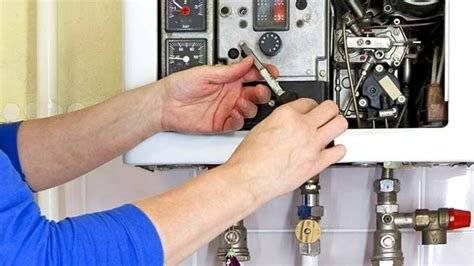
Replace or Repair Furnace: A Overall Overview
Introduction
Choosing whether to replace or repair your heating system is a substantial choice for any homeowner. The choice impacts your instant convenience and safety and has long-term monetary ramifications. This comprehensive guide will check out different elements to think about, helping you make a notified choice.
Comprehending Your Furnace
Life expectancy and Types
Furnaces generally have a lifespan of 15-20 years. The two primary types are gas and electrical, each with different maintenance and functional costs.
Signs of Difficulties
Typical signs that your heating system might require attention consist of uncommon sounds, irregular heating, and increased energy bills.
When to Think About Fixing Your Furnace
Repair work is frequently the best choice for small issues or heating systems that are fairly brand-new and still under service warranty.
Cost-Effectiveness
Fixing can be more cost-efficient for small issues. Nevertheless, frequent repair work might show a deeper issue.
Ecological Effect
Repair work frequently have a lower ecological effect than replacing the entire system.
When Replacement is the Very Best Choice
You need to think about replacement if your heating system is near completion of its life expectancy, repair work are becoming significantly pricey, or if it could be more energy efficient.
Long-lasting Cost Savings
While the preliminary cost is greater, a brand-new heating system can be more energy-efficient, conserving you money on energy bills.
Technological Advancements
More recent designs include sophisticated innovation, such as smart thermostats, which offer better temperature level control and performance.
Weighing Your Alternatives
Cost Analysis
Compare the cost of repair work over time versus the one-time expense of a brand-new heating system.
Energy Efficiency
Assess how your existing heating system’s performance is affecting your energy bills.
Home Value
Consider how a brand-new heating system might increase the worth of your home, specifically if you prepare to offer in the future.
Professional Recommendations
Seeking Specialist Viewpoint
Speak with heating and cooling specialists to evaluate the state of your existing heating system and get quotes for repair work and replacement.
Value of Routine Upkeep
Routine maintenance can extend the life of your heating system, whether you choose to repair or replace it.
Summary
In conclusion, choosing to repair or replace your heating system depends upon different factors, including age, condition, cost, and energy performance. By considering these factors and looking for professional guidance, you can make a decision that ensures convenience, safety, and monetary vigilance for your home.
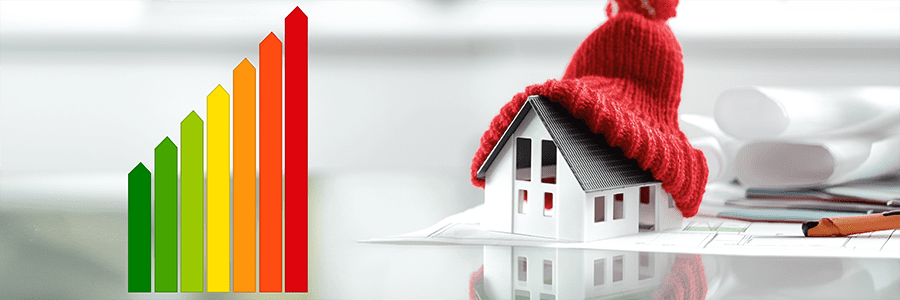
What Season is the Cheapest to Replace Your Furnace?
Will a New Energy-Efficient Furnace Lower Your Residence Insurance Coverage?
Introduction
Home maintenance can be a substantial financial investment, specifically when it involves important systems like heating. One of the most significant costs property owners face is replacing their heating system. Nevertheless, timing this replacement can result in substantial savings. This short article checks out the best time of year to replace your heating system, considering cost-effectiveness and usefulness.
Comprehending Furnace Replacements
The Need for Replacement
Before diving into timing, it’s vital to understand why and when you need to replace your heating system. Typical indicators consist of frequent repair work, heating inefficiency, and the system’s age (normally beyond 15-20 years). Changing an outdated or malfunctioning heating system enhances heating performance and ensures safety and convenience during cooler months.
Factors Influencing Furnace Costs
Numerous factors impact heating system prices, including the type of heating system, brand, capacity, and the complexity of setup. Seasonal need is another substantial element, frequently neglected, yet it plays a vital function in determining the cost.
Finest Time for Replacement: Off-Season
Why Choose Off-Season?
The off-season, mostly spring and early fall, is typically the least expensive to replace a heating system. The need for heater is lower during these periods than during the peak winter season. Lower need frequently results in more competitive prices from manufacturers and installers.
Benefits of Off-Season Replacement
- Lower Expenses: Reduced need can result in discount rates and more customer negotiating power.
- Schedule of Technicians: HVAC technicians are less hectic during these times, making sure more flexible scheduling and quicker setup.
- Adequate Time for Research study: The off-season gives property owners enough time to research different heating system designs and alternatives without the pressure of instant need.
Preparation Ahead
Making use of the off-season needs planning. Expect the need for replacement and schedule it when the need is low. This insight conserves money and avoids the hassle of a heating system breaking down in the middle of winter.
Winter season: The Peak Season
Obstacles of Winter Replacement
- Greater Costs: The need for heating system setup and repair work peaks during winter, causing greater prices.
- Busy Schedules: Discovering a professional might be more difficult, and you might need to wait longer for a consultation.
- Emergency situation Replacements: If your heating system breaks down in winter, you might need to opt for an immediate replacement, which leaves little space for cost comparison or settlement.
Other Considerations
Energy Efficiency and Rebates
Buying energy-efficient designs might be more pricey upfront however can result in long-term savings. Also, look out for rebates and tax credits offered for energy-efficient home improvements.
Value of Routine Upkeep
Routine maintenance can extend the life of your heating system, delaying the need for replacement. It’s an essential aspect of home care that you need to pay attention to.
Summary
Timing your heating system replacement can result in substantial savings. The off-season, especially spring and early fall, is generally the most cost-efficient period for this financial investment. Preparation, considering energy performance, and maintaining your existing heating system can optimize expenditures and ensure a warm, comfortable home.
Introduction
Homeowners frequently contemplate whether updating their home appliances and systems can result in savings on their home insurance premiums. One common concern is whether installing a brand-new heating system lowers home insurance costs. This short article looks into how a brand-new heating system setup might impact your home insurance, providing insights into insurance plan, threat management, and potential savings.
Comprehending Residence Insurance Coverage Premiums
Before diving into the specifics of heating systems and insurance, it’s important to understand what factors affect home insurance premiums. Insurer evaluate different factors, including:
- Home Age and Condition: Insurance Agents see newer homes with updated systems as lower threats.
- Place: Geographic place and regional environment can significantly impact insurance rates.
- Security Features: The existence of alarms, smoke alarm, and other safety devices can lower premiums.
The Effect of a New Furnace on Residence Insurance Coverage
Setting up a brand-new heating system in your home can have numerous ramifications for your home insurance:
- Reduced Danger of Fire and Gas Leaks: Modern heating systems with sophisticated safety functions reduce threats like fire or gas leaks. This threat decrease can be beneficial in the eyes of insurance suppliers.
- Improved Energy Efficiency: Newer heating systems are frequently more energy-efficient, causing lower energy costs and a reduced ecological footprint, indirectly impacting insurance factors to consider.
- Enhanced Home Value: Updating to a brand-new heating system can increase your home’s market value, which might impact the protection you require.
Prospective Insurance Coverage Discount Rates
Some insurer offer discount rates for home improvements that reduce threat. These might consist of:
- Protective Gadget Discounts: You might get approved for a discount rate if your brand-new heating system contains sophisticated safety functions.
- Green Residence Discounts: Some insurance companies supply special discount rates for installing energy-efficient home appliances.
Documentation and Appraisal
To leverage a brand-new heating system setup for insurance benefits, think about the following:
- Professional Installation: Ensure a licensed professional installs your heating system, which can be a requirement for insurance benefits.
- Keep Records: Keep all invoices and paperwork for the heating system purchase and setup.
- Notify Your Insurance Provider: Notify your insurer about the upgrade. They might require an assessment or extra paperwork.
Considerations Before Updating
While a brand-new heating system can offer benefits, think about the following:
- Cost vs. Advantage Analysis: Examine if the long-term savings on insurance and energy bills validate the preliminary cost of a brand-new heating system.
- Insurance Coverage Evaluation: Speak with your insurance agent to understand how a brand-new heating system might specifically impact your policy.
Summary
Updating to a brand-new heating system can lower your home insurance premiums by minimizing threat and improving your home’s safety and performance. Nevertheless, the effect differs based upon individual insurance plan and the particular functions of the heating system. It’s recommended to seek advice from your insurance provider to understand the full benefits and ramifications of a brand-new heating system setup.
FAQs
Q: How much can I save money on my home insurance by installing a brand-new heating system?
A: Cost savings vary based upon the insurance provider and the particular functions of the brand-new heating system. Speak with your insurance agent for in-depth info.
Q: Are there any particular types of heating systems that are more beneficial for insurance discount rates?
A: Furnaces with sophisticated safety functions, high energy performance rankings, and those that satisfy particular ecological standards are frequently more beneficial.
How to Get ready for a Heater Installation
Setting up a brand-new heating system in your home is a substantial financial investment and an essential upgrade to your home. It improves the convenience of your home and enhances energy performance. Correct setup preparation is important to ensure the setup procedure is smooth and worry-free. This short article will direct you through the needed actions to get ready for a heating system setup.
Comprehending Your Heating Requirements
Examining Your Area: The primary step is to evaluate the size of your area and understand the heating requirements. A too-large or too-small heating system for your home can result in inefficiency and greater energy costs. Consulting with a heating professional to identify the ideal heating system size is essential.
Selecting the Right Furnace: There are different heating systems, including gas, electrical, and oil. Each has benefits and drawbacks; the choice depends upon your place, budget, and personal preference. Research study and seek advice from specialists to make a notified choice.
Pre-Installation Preparation
Choosing a Certified Installer: We can not overemphasize the value of selecting a certified and experienced installer. Try to find specialists with excellent evaluations and correct certification. They will ensure a proper setup and guide you through the procedure.
Clearing the Location: Ensure the location where you prepare to install the heating system is clear of any clutter. A clean location provides easy access to the setup team and speeds up the procedure. Eliminate any valuable or delicate products from the vicinity to prevent accidental damage.
Preparing for Downtime: Depending upon the complexity of the setup, your heating system might be down for a couple of hours to a day. Strategy accordingly, specifically if the setup is during cooler months.
Throughout Installation
Access to Your Home: Ensure the installers have easy access to your home, which includes making sure that parking is available and a clear path to the heating system place.
Interaction: Stay available to respond to any questions the installers might have. Clear communication can assist fix any issues quickly and ensure your setup goes as planned.
After Installation Checks
Check the Setup: Once the setup is total, check the deal with the installer. Ensure that the setup is total which the location is clean.
Comprehending the System: Have the installer describe the performance of the brand-new heating system, including how to change filters and the basic troubleshooting actions.
Warranty and Documentation: Guarantee you receive all needed paperwork, including service warranty info and running manuals. Keep these files in a safe place for future recommendation.
Conclusion
Preparing for a heating system setup involves comprehending your heating requires, choosing the ideal heating system, and selecting a certified installer. By following these actions, you can ensure a problem-free setup procedure and delight in the convenience and performance of your brand-new heating system for years to come. Remember, a little preparation goes a long way in making sure a smooth and effective heating system setup.
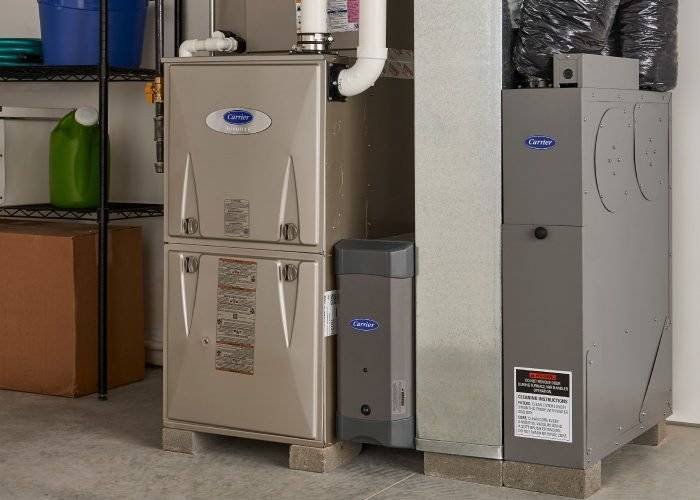
Our Work
